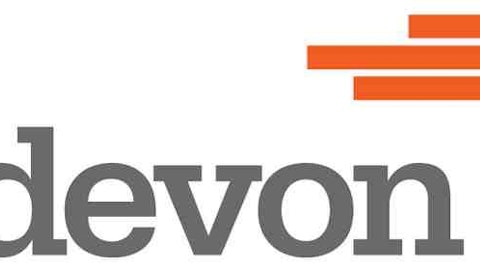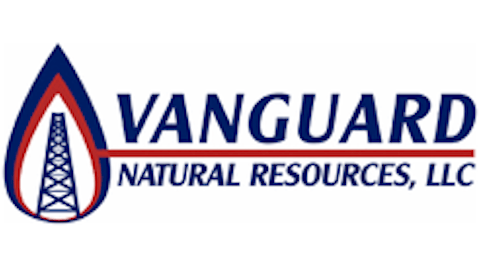As for secrecy, gas companies have been remiss in publicly stating the chemical makeup of fracking fluid. Kansas has forwarded legislation to force a limited disclosure of those chemicals. Pennsylvania and 10 other states require that companies list their fracking liquid ingredients on FracFocus, but a Harvard study just found serious flaws in that database.
Some other folks have been pretty upset about fracking too, for a while now. Did you really think I would leave out Josh Fox and Gasland, and now Gasland 2?
I’ve watched both movies, and like many others, I have concerns about polluting the water supply. Gasland 2 is airing on HBO, and they have about 114 million subscribers worldwide. That’s viewing potential. Add the watch parties held nationwide and that’s more potential for message distribution. At the Pittsburgh premiere alone, 1,700 people showed up. Whatever your view on the movies, the message has reached a general viewing audience.
Public policy problems
The reaction to fracking has varied drastically among states. In New York, a moratorium on fracking that started in 2008 is still in effect, with no foreseeable change. North Carolina just extended its own moratorium on onshore fracking, as many other states continue allowing the practice with no restrictions other than counting violations.
The biggest unknown for fracking is the federal Environmental Protection Agency study that concludes in 2014. The EPA is studying potential impacts on human health, drinking water, and what happens to chemicals used in fracking, including processing and disposal. The preliminary report issued in 2012 is available here, but lacks any preliminary results.
New EPA head Gina McCarthy has said states should regulate fracking practices, but we can assume the EPA study results will impact or change some states’ policies.
Early findings suggest that some well water in Dimock, Pa., is unsafe for drinking, as a direct result of fracking, according to an internal EPA staff report just obtained by the media. The report directly conflicts with statements made by Cabot Oil & Gas (NYSE:COG).
Investing that considers risk
Natural gas prices are trending downward, for reasons of weather and market saturation, but the industry is still a smart investment. I suggest completing a thorough study of company reputation before making a long-term investment. First, where are the company’s holdings, not just the formation, but also the state? What track record does the company have with both environmental violations and with landowners leasing to it? And don’t forget to consider liquidity versus assets.
For instance, Chesapeake Energy Corporation (NYSE:CHK) just sold $1 billion worth of interests in gas lands to improve company liquidity and is veering toward more oil production.
Chesapeake Energy has sold off a total $3.6 billion of interests, with plans for more asset sales totaling $2 billion to $4 billion.The company has already sold some of its Marcellus Shale holdings and, surprisingly, some oil holdings, while capital expenditures are down 43% this year.
The company is focusing on those properties that provide the highest ROI, and emerging policies and gas prices could dictate if its next asset divestiture is in oil or gas lands.
Gretchen Stone has no position in any stocks mentioned. The Motley Fool recommends Range Resources. The Motley Fool has the following options: long January 2014 $20 calls on Chesapeake Energy, long January 2014 $30 calls on Chesapeake Energy, and short January 2014 $15 puts on Chesapeake Energy. Gretchen is a member of The Motley Fool Blog Network — entries represent the personal opinion of the blogger and are not formally edited.
The article Fracking’s Controversial Image Is Your Risk originally appeared on Fool.com is written by Gretchen Stone.
Copyright © 1995 – 2013 The Motley Fool, LLC. All rights reserved. The Motley Fool has a disclosure policy.





